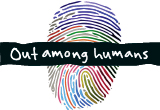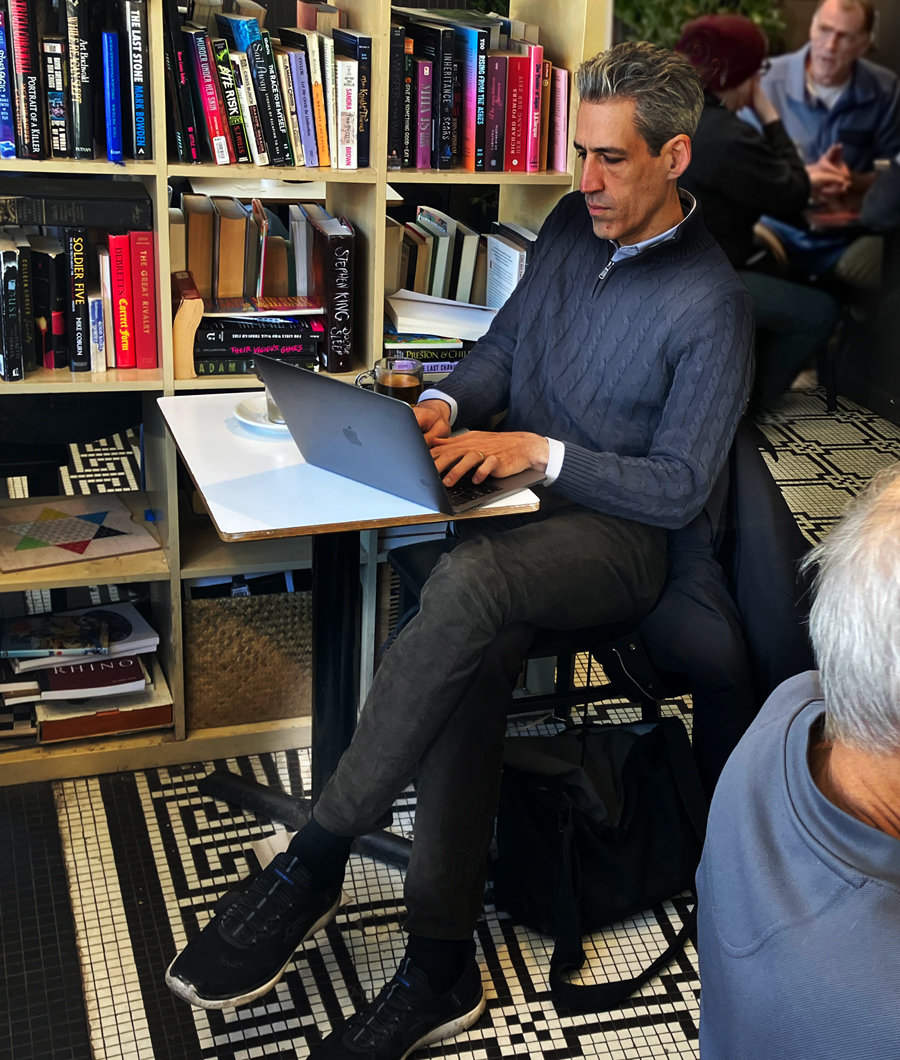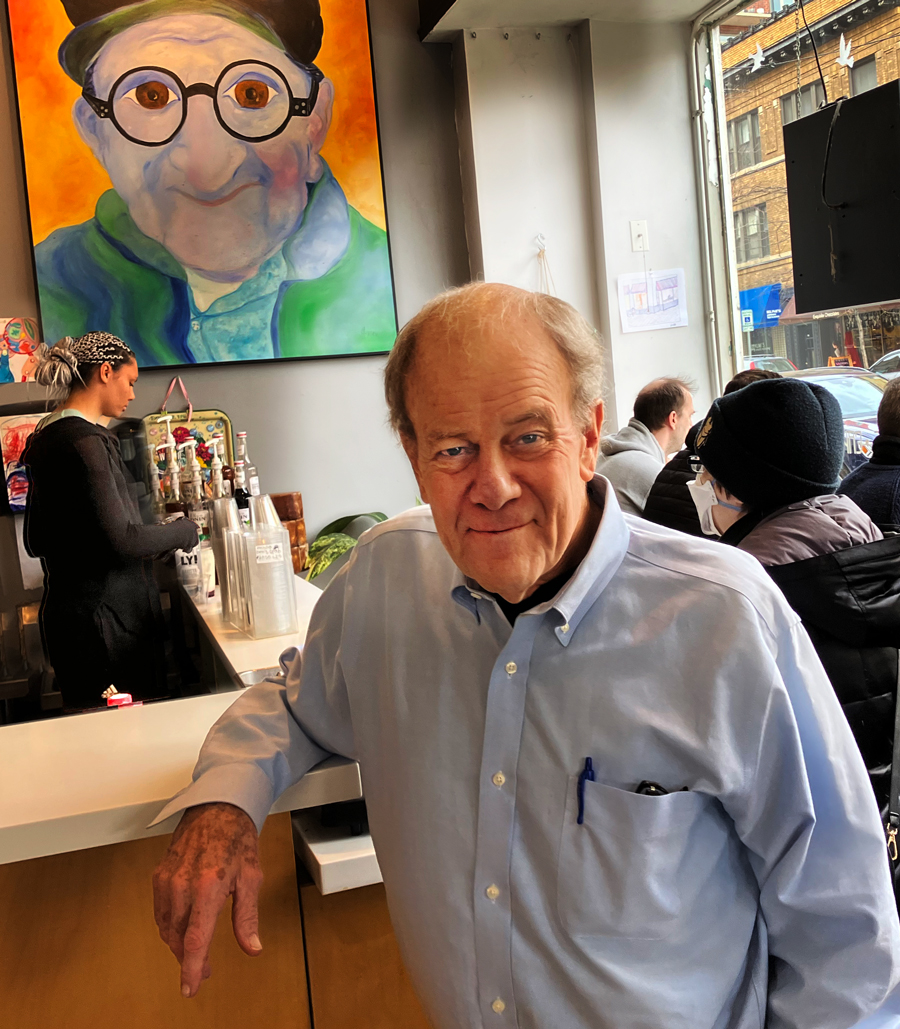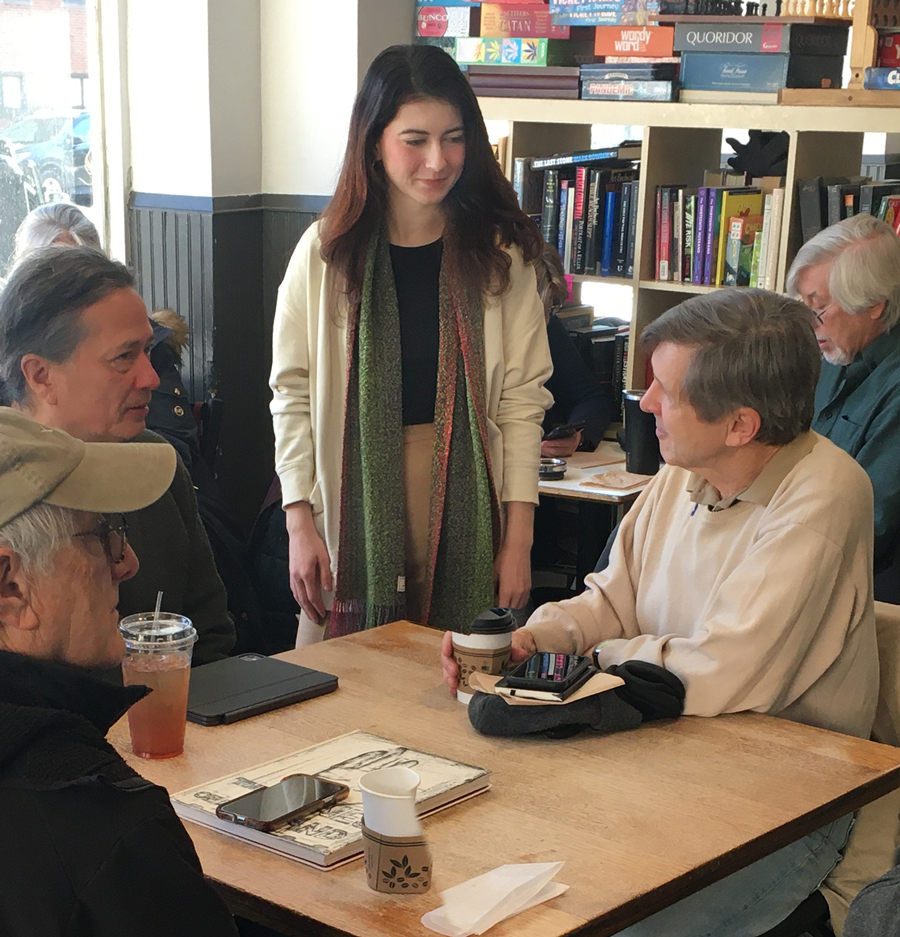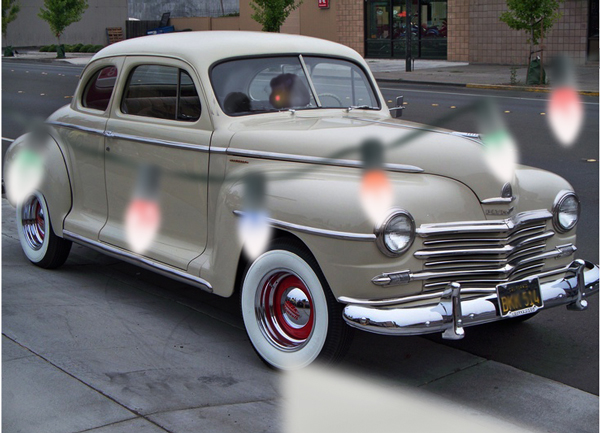Jeff Boarini
People at a coffee shop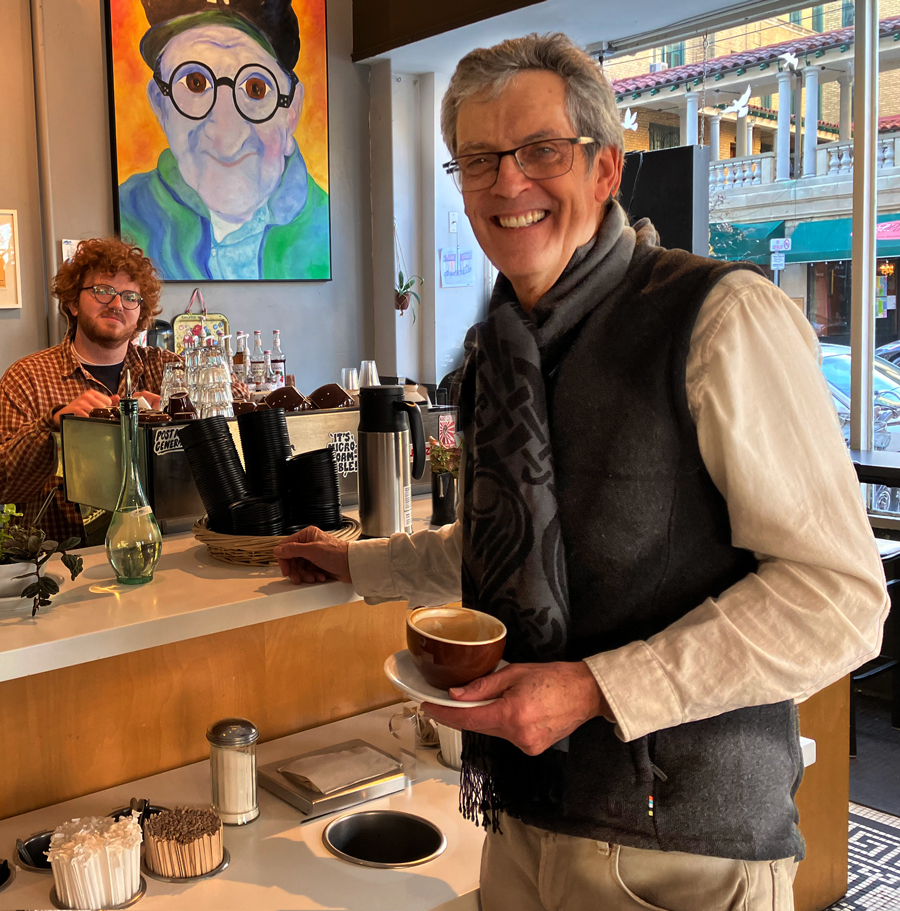 Jeff came through the door of the coffee shop with a fire in his belly.He’s running to be mayor for our small suburban town. The folks at our coffee shop applaud his decision, his neighbors are grateful.
Jeff came through the door of the coffee shop with a fire in his belly.He’s running to be mayor for our small suburban town. The folks at our coffee shop applaud his decision, his neighbors are grateful.
It’s good to have at least one candidate sign up to challenge an incumbent. Issues are raised that might otherwise stay under the radar.
Jeff Boarini has never before run for elected office but here he is, an underdog, squaring off against a sitting mayor who easily won his last election and enjoys a serious funding advantage.
The village is debating fundamental questions about its future. Should it preserve the home-town feel of a vintage village? Or become more urban, like the first-tier metropolis it borders?
Jeff would like more information on how population growth and increased density are in the city’s best interest; and how they would create the affordable housing they are hoped to provide.
A city government, he believes. must adopt a budget it can live with long term, a financial plan its residents can afford.
During his professional career he was charged with keeping projects on budget and deadlines on track. But he’s aware that a city mayor carries much more than fiscal responsibilities.
As a recent widower and a father caring for an son with cerebral palsy, he’s learned first hand and knows better than most people that government exists to respond to the needs of its residents.
Whether win or lose, the fact that Jeff has stepped up to challenge the status quo is an uncommon service to his community.![]()
